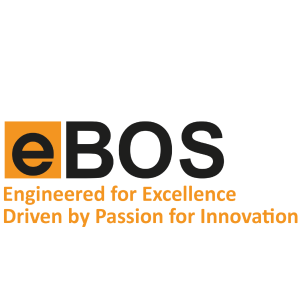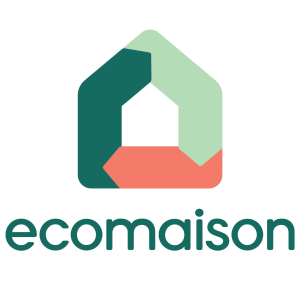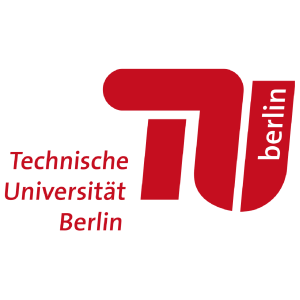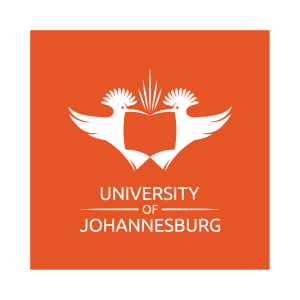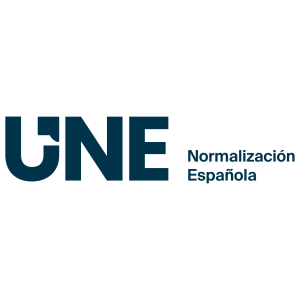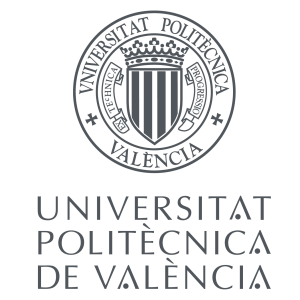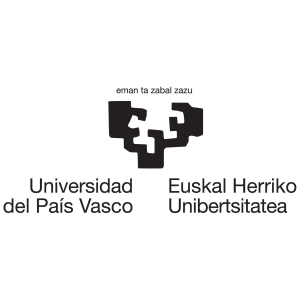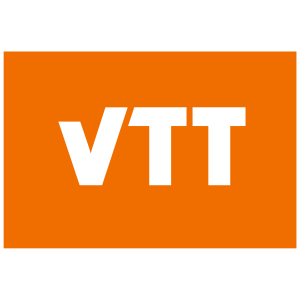Transforming wood waste into valuable resource for a greener future
The Problem
Europe’s rising demand for wood in buildings and products could
lead to a shortage by 2030.
This shortage is exacerbated by waste management practices that prioritise landfill and energy recovery over material recycling. Additionally, recycling contaminated wood waste poses challenges.
W2W Solution
Transform unused wood waste from
construction, demolition, and
furniture into valuable products.
Employ cutting-edge separation
and sorting technologies for
efficient processing.
Promoting sustainability by upcycling
waste, combating deforestation, and
meeting future resource demands.
Our focus on transformative wood waste valorisation aims to combat deforestation and advance a circular economy, leveraging waste as a sustainable resource to meet future demands.
W2W Ambition
Wood2Wood's (W2W) ambition is to redefine how we manage wood waste across the EU, and globally, by developing scalable and replicable processes to recycle contaminated waste wood into high-value products.
By challenging business-as-usual practices and disrupting traditional markets, W2W leads the way in environmentally sustainable and socially responsible practices.
Supported by Processes4Planet, W2W addresses challenges in sorting, cleaning, and pollutant removal from Construction and Demolition (C&D) waste.
W2W Vision
At W2W, we are on a mission to turn wood waste into new value-added products. By doing this, we are cutting down on the need for virgin wood and helping to fight deforestation. We are flipping the script in wood waste management by making waste valorisation a standard practice. This helps us move towards a circular economy where we extend the life of wood-based materials, keeping them out of landfills and incineration facilities.
Transforming Wood
Waste for a Circular
Economy
W2W Objectives
W2W project aims to develop and validate a comprehensive framework for multi-dimensional cascade valorisation of wood from Construction & Demolition (C&D) and furniture waste.
The project focuses on significantly reducing the demand for virgin materials, cutting the amount of waste sent to landfill or incineration and supporting the transition to a circular economy, thus promoting closed-loop systems where materials are continuously reused and recycled over their lifetime.
W2W is propelled by six objectives that delineate its project trajectory
1. Develop and Validate the W2W Framework
Impact: Increase the use of secondary resources in the process industry, reduce CO2 emissions, decrease waste sent to landfills, and achieve overall positive environmental impacts. Ensure energy efficiency, and conduct techno-economic and life-cycle assessments of the entire process.
2. Enhance Wood Sorting Mechanism
Impact: Align supply with demand for high-quality feedstock and upgrade secondary resources by developing advanced waste separation and sorting technologies. Human-robot collaboration and mixed reality technology will enhance the accuracy of separation and sorting, leading to more efficient waste management.
3. Innovate Sustainable Upcycling Technologies
Impact: Ensure consistent quality and safety of recyclates, detect and remove additives, enhance resource efficiency, reduce waste and the development of a circular economy. This will be achieved through cascade refinement, chemical and bioremediation processes, and energy/gas/ashes valorisation.
4. Pioneer Digital Tools for Sustainability
Impact: Foster data sharing and FAIR digital assets principles, enhance data accuracy and interoperability, and promote new business opportunities through advanced monitoring and sensing technologies. Ensure energy efficiency, and conduct techno-economic and life-cycle assessments.
5. Validate Technologies in Use Cases
Impact: Demonstrate the technical and economic feasibility of using secondary resources, producing products with identical properties and performance as those made from primary resources. Involve all actors in the value chain and showcase innovative upcycling through at least two realistic use cases.
6. Enhance Industry Competitiveness and Promote Sustainable Practices
Impact: Increase the use of new skills for upcycling, contribute to inclusive growth, and present a strategy for skills development in cooperation with existing initiatives.



